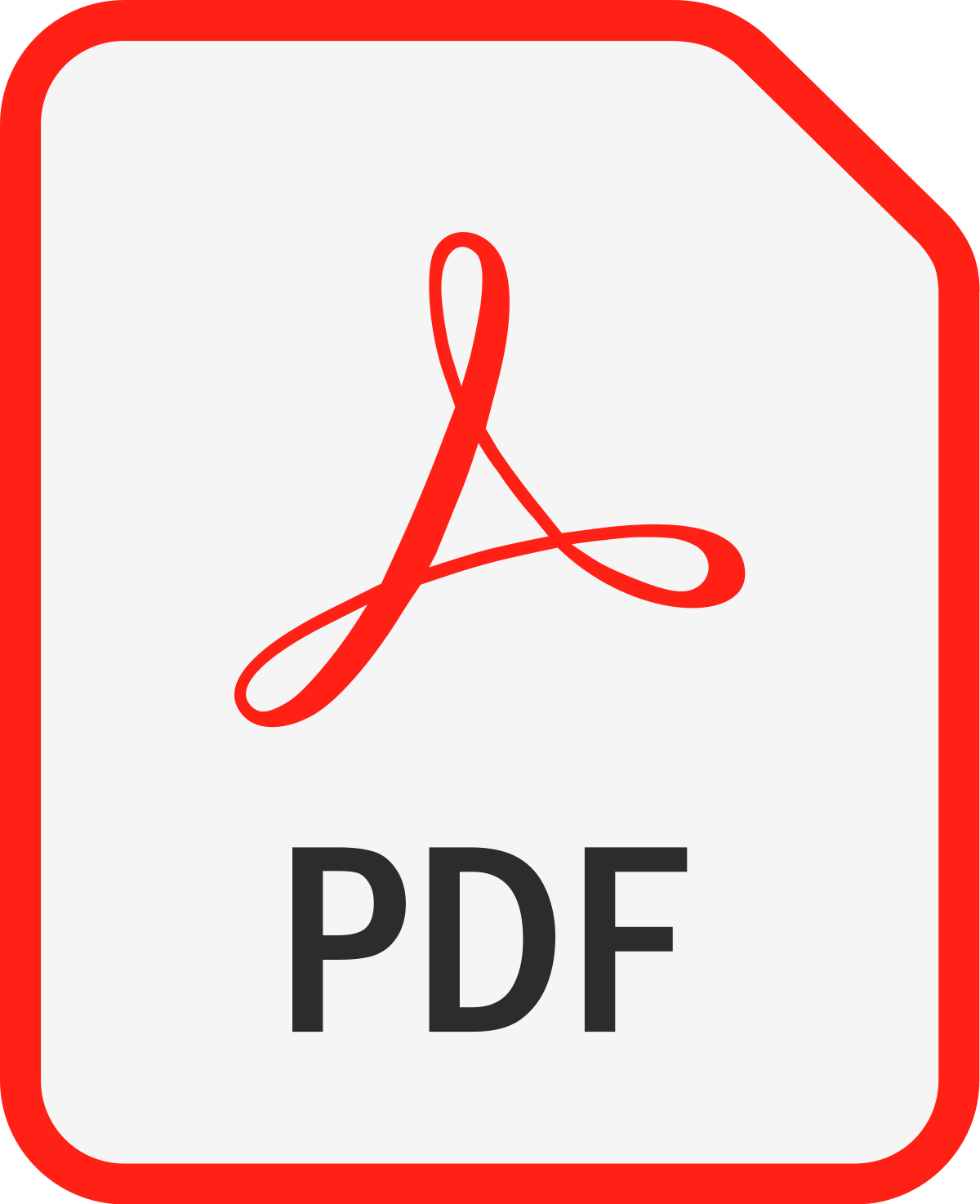
Presentation of Omar Guerra, Grid Planning and Analysis Center (GPAC) National Renewable Energy Laboratory (NREL)

Presentation of Lucas Rodriguez, LATAM Energy Transition Director, Air Liquide

Presentation of Daniel Avila, ENERTRAG
In recent years, green hydrogen has emerged as one of the key solutions in the transition to a low-carbon economy. Its potential to address energy and environmental challenges has generated growing interest around the world.
As the hydrogen industry rapidly advances, it is crucial to equip hydrogen professionals and leaders with the necessary tools to make strategic decisions and carry out hydrogen projects effectively.
In this context, this webinar aims to provide participants with the necessary tools and knowledge to scale green hydrogen and PtX projects effectively and successfully, from kilowatt, megawatt to gigawatt scale. As we move forward in the development of the hydrogen industry and its derivatives, it is essential to be equipped with the right knowledge and tools, so it is important to acquire the necessary skills to drive the implementation and scalability of green hydrogen projects, thus contributing to a more sustainable and cleaner energy future.
We will therefore explore the opportunities and challenges associated with the production and use of green hydrogen, analyzing in detail the tools available for the analysis of hydrogen and its derivatives. These tools allow us to assess the technical and economic feasibility of projects, as well as to make informed decisions on their design and development.
Finally, we will present detailed case study examples that will illustrate how these tools work in concrete situations, regardless of the geographical location of the project. In this way, participants will gain a broad and applicable vision for different contexts.
The objective of this webinar is to provide participants with the tools necessary to make informed decisions about the type of hydrogen projects to be developed. In addition, it seeks to guide participants through the project design process, so that by the end of the webinar they will have a clear understanding of how to apply these tools to their own applications.
During the webinar, a high-level analysis will address three of the different tools available for the analysis of hydrogen and its derivatives. It will highlight these tools and explain how they can be used to assess the technical and economic feasibility of projects:
Detailed case study examples will be presented to show how these tools work in a specific context. These examples will be selected to be relevant regardless of the geographical location of the project, thus providing a broad and applicable view to different scenarios, at three levels:
At the end of the webinar, participants will have the necessary tools to make informed decisions in the planning and design of hydrogen projects. In addition, they will have gained practical knowledge on how to use these tools in a case study, which will allow them to apply that knowledge to their own applications and projects.
9:00 | Introduction
Aida Figari, LEDS LAC
Introduction to the webinar series
Jorge Roncancio, GIZ Colombia
Introduction to the webinar
Facilitation: Blanca Rengifo and Aida Figari, LEDS LAC
|
9:10 | Words of welcome
Emanuel Ramirez - FENOGE Hydrogen Technical Leader |
9:15 | Conceptual Presentation: "Decision Support Tools for Hydrogen and PtX Project Development".
Omar Guerra (NREL)
Presentation on the use of open source tools |
09:50 | Case Study Presentation: Experience in the use of decision making tools for H2 and PtX Projects Daniel Avila, ENERTRAG |
10:15 | Panel of cases and experiences
Moderator: Daniella Rough (GCAP)
|
10:50 | Closing
|
LEDS LAC is a network of organizations and individuals working in the promotion, design and implementation of LEDS in Latin america and the Caribbean.